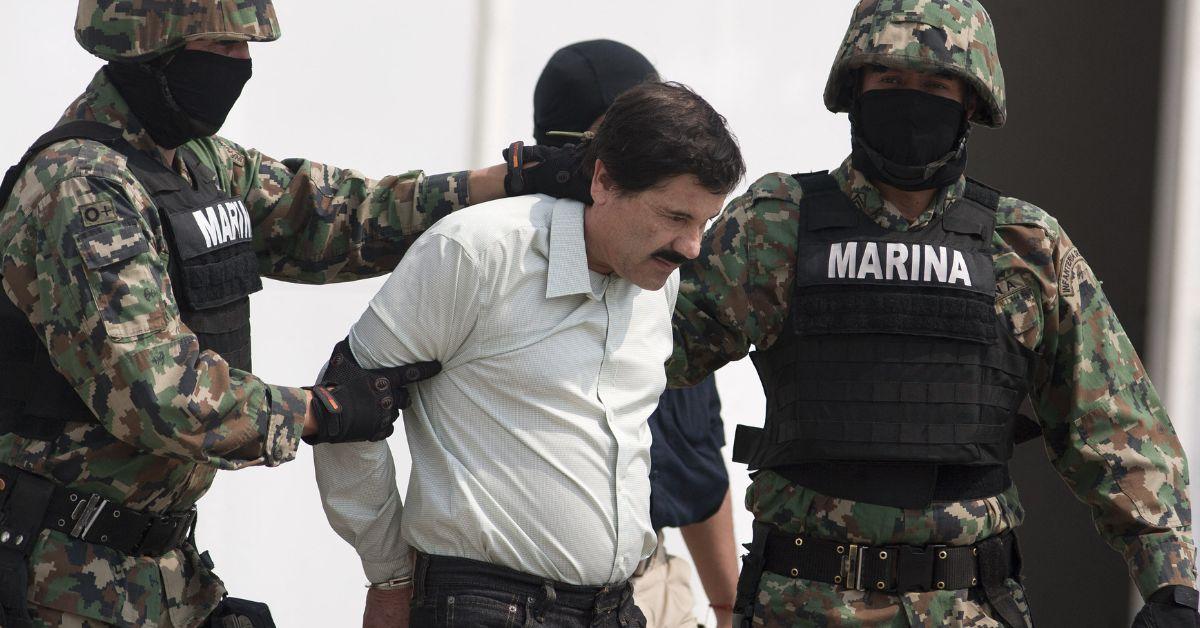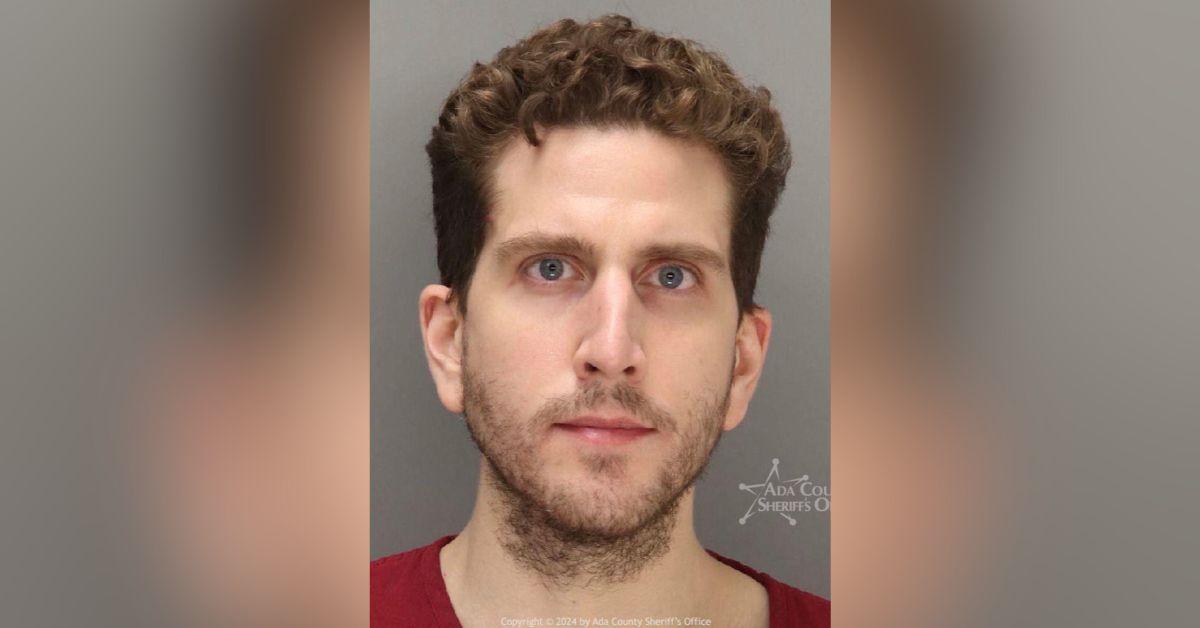Jeffrey Epstein Managed to ‘Outspend' and 'Outmaneuver' His Legal Opponents to Get Infamous ’Sweetheart Deal’
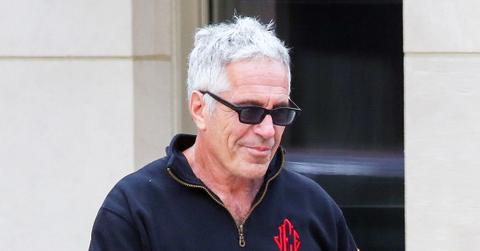
Nov. 7 2019, Published 10:39 p.m. ET
It seems like, with enough money, you can get away with anything. Episode 9 of the "Jeffrey Epstein: Devil in the Darkness" podcast takes a closer look at the so-called "sweetheart deal" Jeffrey Epstein received after he was charged with multiple counts of unlawful sex acts with a minor in May 2006. He eventually pleaded guilty to two lesser counts and was sentenced to just 18 months in jail — of which he only served 13.
The Palm Beach police department persuaded the FBI to pursue federal charges for Epstein after it became clear he had some intense legal representation that would make getting him a fair sentence for state crimes very difficult. For instance, one of his lawyers, Alan Dershowitz, helped get him a deal with state attorneys despite the fact that there was an incredible amount of testimony against him claiming he had allegedly sexually abused numerous young girls. But the deal would have required him to plead guilty to a felony — and Epstein wasn't pleased with that outcome. "He said he could do better, and he sidelined me," claims the lawyer on the podcast.
Eventually, Dershowitz says, Epstein's legal team "persuaded the government that they had a weak federal case and ... everybody would be better if he pleaded only to state charges, which is what he did." As a result, Epstein only ended up serving his sentence locally in Palm Beach for a short period of time — and the FBI’s 11-month, 53-page indictment was never presented to a grand jury.
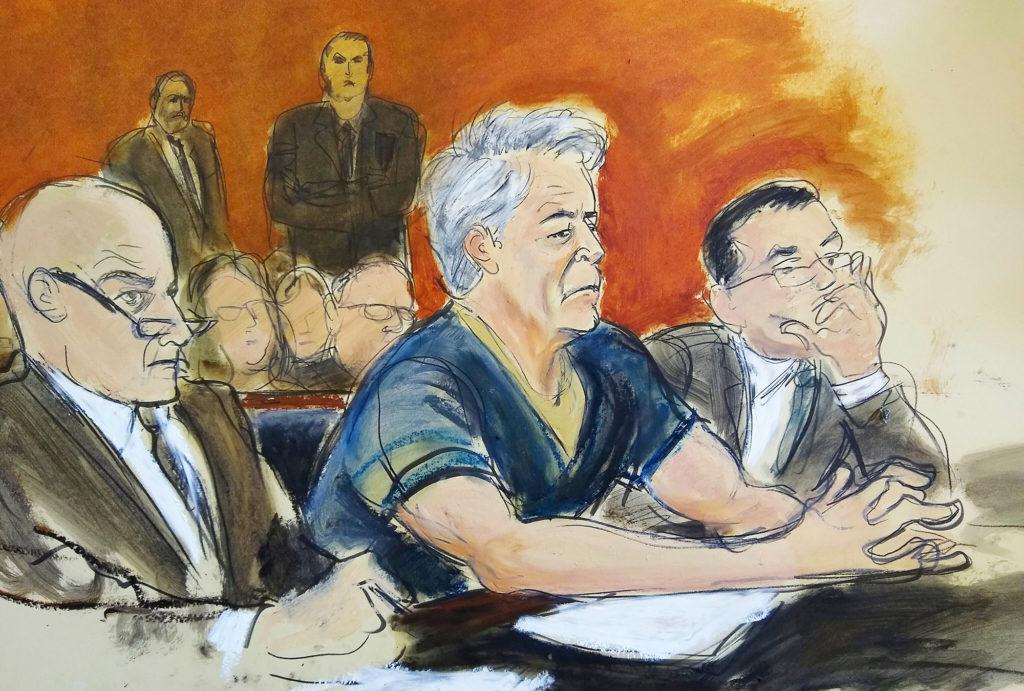
Attorney Spencer Kuvin, who represented some of the girls who accused Epstein of abuse, feels Epstein got off "scot-free" for his crimes. He tried to "just outspend, outmaneuver, out-investigate, and out-bully the advocates on behalf of the girls" in order to win, Kuvin claims.
"Ultimately, Alexander Acosta, who is in charge of the Southern District of Florida, decided to hold off on those charges and enter into a secret plea deal with Mr. Epstein," Kuvin claims. "I say it was secret, because at the time, we as advocates on behalf of the victims had no idea that they were doing this. They never advised the attorneys on behalf of the victims, they never contacted the victims, they never told any of the victims that there were even negotiations going on at the time. So the victims themselves had no idea what was happening."
"We found out many years later that these secret deals happened in back rooms, restaurants, through pleasant emails going back and forth with jokes between the lawyers," Kuvin says. "Meanwhile, forgetting the fact that there are 40 young minor victims that were abused by this billionaire."
That aspect of the "sweetheart deal" may have actually been unlawful, reporter Andy Tillett explains on the episode. "According to laws protecting victims’ rights, all of Epstein’s victims should have been kept informed of any deal or agreement reached between Epstein and prosecutors," he says. "They should have been given the opportunity to give victim impact statements in court. They weren’t."
Attorney Gloria Allred, who is representing more of Epstein’s victims, agrees: "In the earlier case in Florida, they were denied that right to be notified about the plea and to be heard about it. And that was a violation."
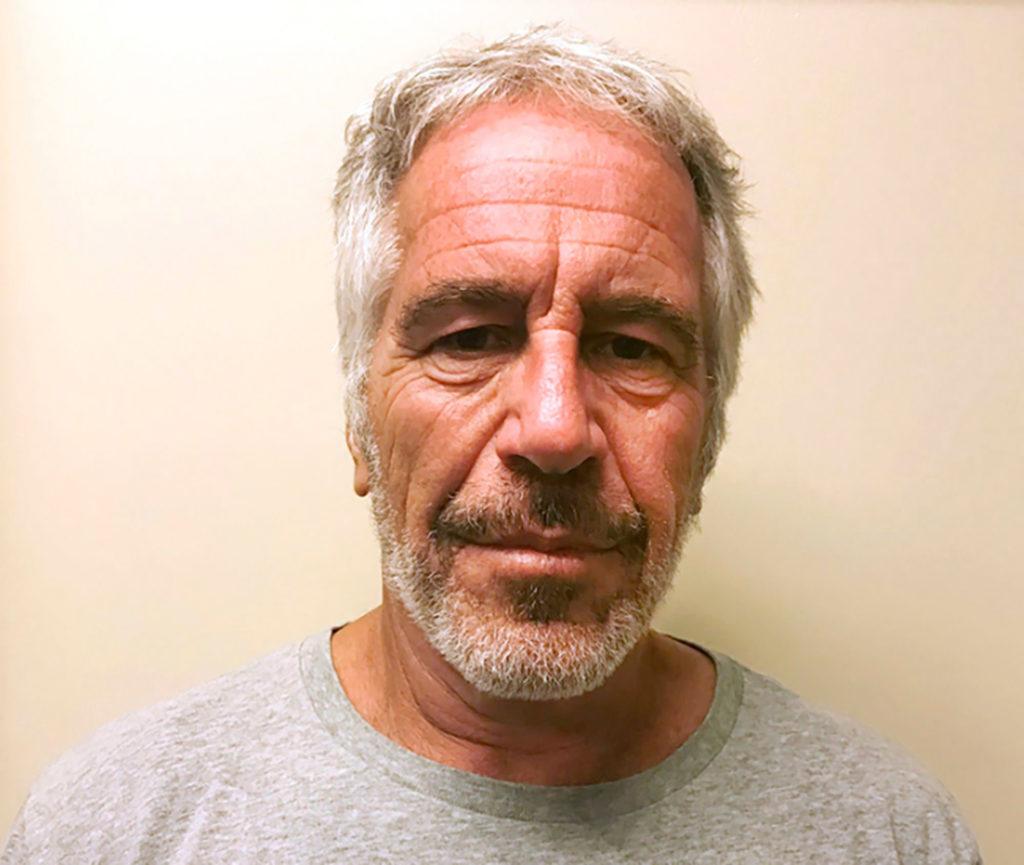
If the plea deal itself wasn't shocking enough, the details of Epstein's time in prison further add to how unbelievably well he was treated by the United States justice system. "Most convicted sex offenders in Florida can expect to do their time in state prison," Tillett says. "Epstein, for reasons which are still unclear, was housed in a private wing of the Palm Beach County Stockade ... after just three months he was allowed out on what they called 'work release' for 12 hours a day, six days a week ... he had his own driver to take him between the office and the jail."
"I certainly think that, at all levels, whether it be at the jail, the state level, or again, at the federal level, that there was some type of untoward activity going on. And some type of corruption had to be occurring," Kuvin says. He claims that while Epstein was serving his time, "He didn’t even have to stay behind bars, he could get out during the day and go home, or go to an office ... where he would get lunches catered into him and young women brought into his office while he’s on work release for being a sexual predator."
Plus, when Epstein was released on parole — five months early — he was placed under house arrest. But Tillett claims, "Flight logs show he took numerous trips from Florida to his home in Manhattan and his private island ... there were no repercussions for any of this. Nobody tells him to stop, nobody says 'you’re not allowed to do this.'"
And what happened after Epstein supposedly paid his dues via his suspiciously lenient sentence? He, essentially, went back to his life as if nothing had changed. Former airport director for Santa Fe airport, Cameron Humphries, says he remembers hearing in 2015 that Epstein’s private jet was taking girls across state lines to his New Mexico ranch, and when he raised concerns, they were ignored.
"Well, it’s also the power of the wealthy, right?" he says. "It just doesn’t feel like in this case that we went after him ... The fact that he carried on those activities for those years and it took that long for him to be brought up on charges. Unbelievable to me."
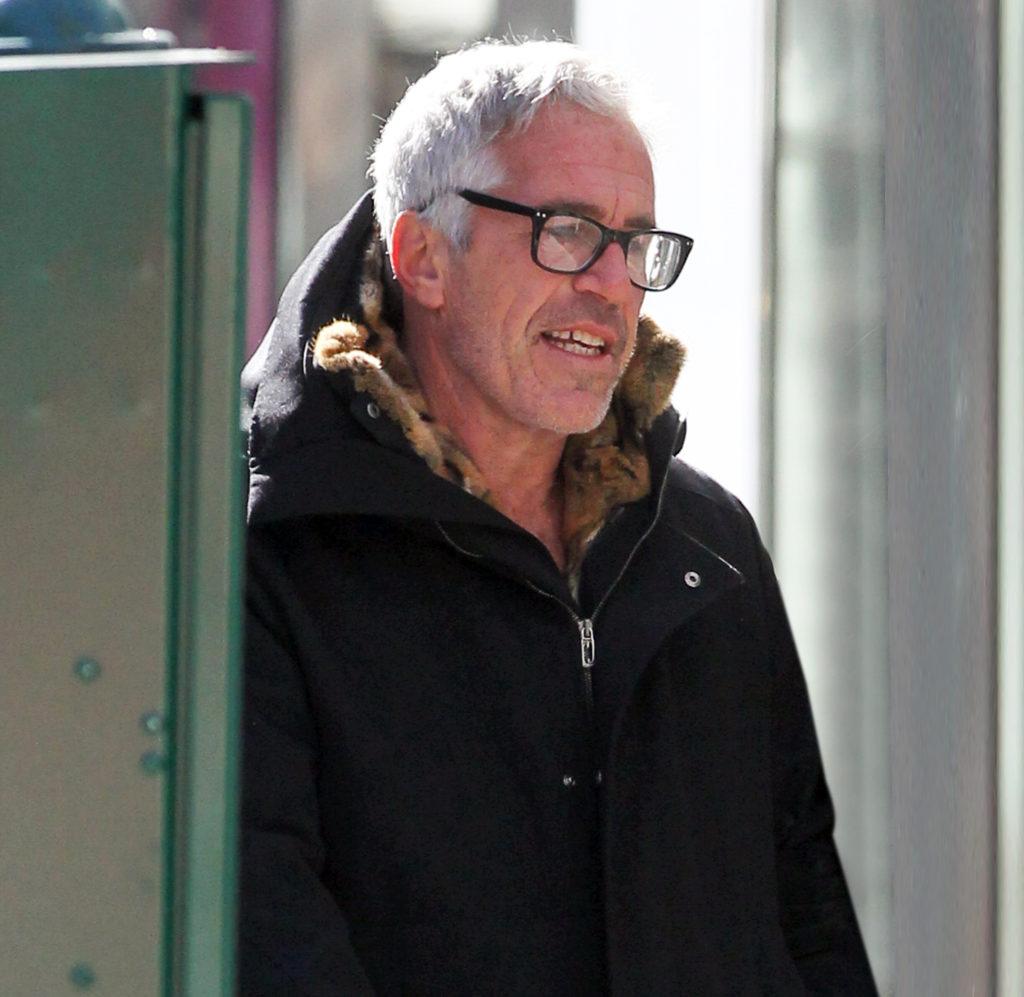

Epstein’s former chauffeur, speaking on the podcast under the condition of anonymity out of fear, agrees. He says of the sentence Epstein got, "I can’t believe that somebody was able to get that kind of a deal because of his power, influence and money ... it’s a shame that he could get away with that."
Sadly, the deal had serious repercussions on other alleged victims. Attorney Lisa Bloom says, "What I hear from my clients is that in 2008, when Jeffrey Epstein got that ridiculous plea deal, they felt like nobody’s going to believe them. No one’s going to protect them. They couldn’t possibly come forward." And Kuvin says that while legal advocates for survivors of Epstein's alleged abuse were shocked, the victims themselves were not.
"These young girls were looking at it going, 'Well, of course — he’s rich, and he’s famous and wealthy and of course, he’s getting all the benefit of the doubt here' ... they looked at it and said, 'Of course that’s the way it all works out,'" Kuvin says.
“Epstein: Devil In Darkness” is produced by the creators of “Fatal Voyage: The Mysterious Death of Natalie Wood,” one of the most downloaded podcast series of 2018. The series was also named to Apple Podcasts’ Most Downloaded New Shows of 2018 and received a 2019 Webby Best Series honoree nod from the International Academy of Digital Arts and Sciences.
“Epstein: Devil In Darkness” releases new episodes every Thursday.

